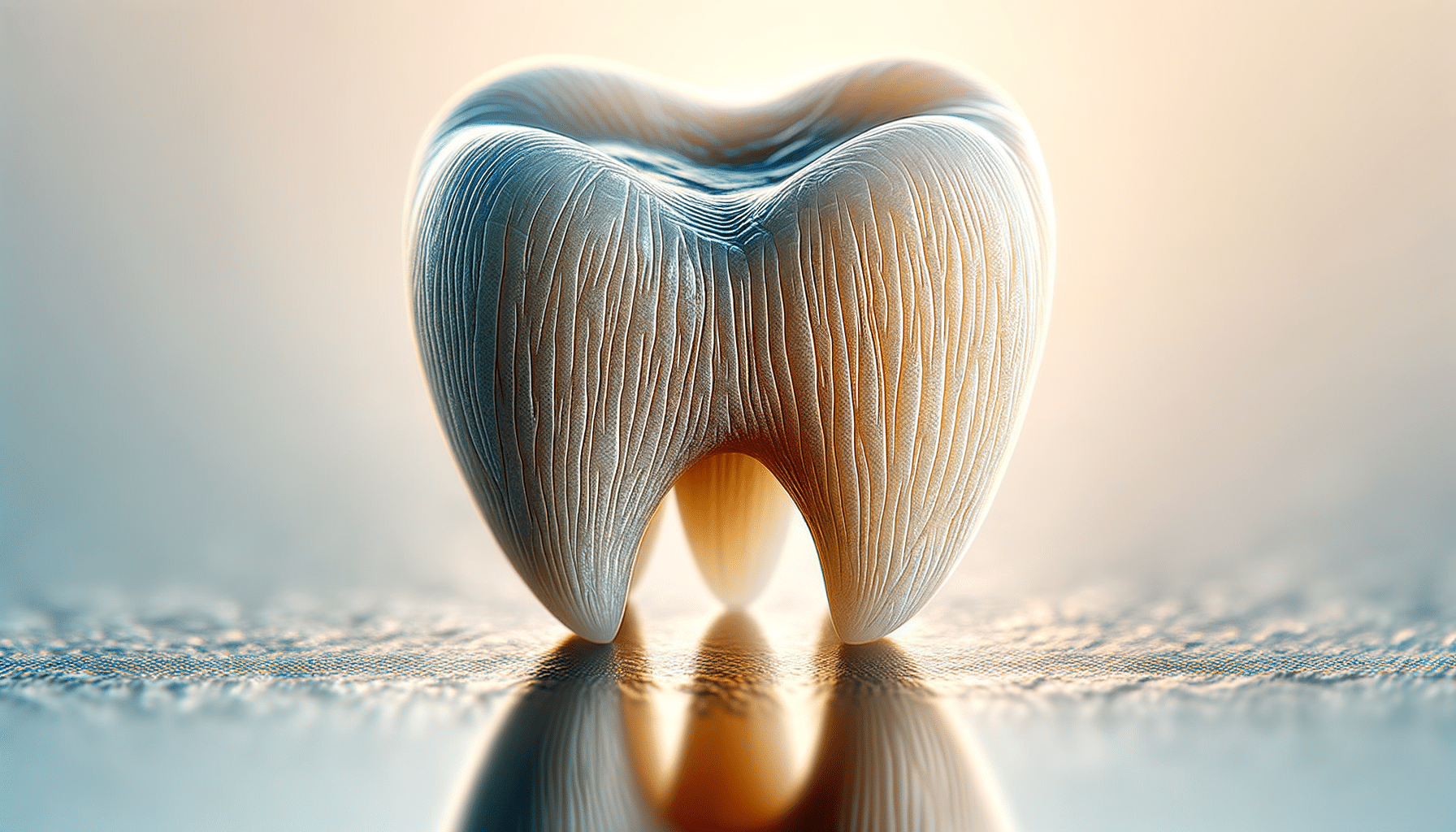
Understanding Teeth: Structure, Function, and Care
The Anatomy of Teeth
Teeth are not just simple structures; they are complex and vital components of our oral anatomy. Each tooth is composed of several layers, each serving a distinct purpose. The outermost layer, enamel, is the hardest substance in the human body, designed to protect the inner layers from damage and decay. Beneath the enamel lies the dentin, a porous tissue that transmits nerve signals, making teeth sensitive to temperature changes. At the core is the pulp, housing nerves and blood vessels that nourish the tooth and keep it alive.
Teeth are categorized into different types, each with specific functions. Incisors are the sharp, chisel-shaped front teeth used for cutting food. Canines, pointed and strong, are designed for tearing, while premolars and molars have flat surfaces for grinding and chewing. This intricate design ensures that teeth can efficiently process a variety of foods, contributing to proper digestion and nutrition.
Understanding the anatomy of teeth highlights their importance beyond mere aesthetics. Proper care and maintenance are crucial to preserving their structure and function throughout our lives.
The Role of Teeth in Health and Nutrition
Teeth play a pivotal role in our overall health and nutrition. They are the first step in the digestive process, breaking down food into smaller pieces, which aids in better digestion and nutrient absorption. Without efficient chewing, the digestive system is burdened, potentially leading to nutritional deficiencies and gastrointestinal issues.
Moreover, teeth impact our speech and self-confidence. Properly aligned teeth help in articulating sounds clearly, while a healthy smile boosts self-esteem and social interactions. Poor oral health can lead to several systemic health issues, including heart disease, diabetes, and respiratory infections, emphasizing the interconnectedness of oral and general health.
Maintaining healthy teeth through regular dental check-ups, proper brushing and flossing, and a balanced diet is essential for overall well-being. This holistic approach ensures that teeth continue to function optimally, supporting both our physical health and social confidence.
Common Dental Issues and Their Prevention
Despite their strength, teeth are susceptible to a range of issues that can affect their health and function. Cavities, or dental caries, are among the most common problems, resulting from the demineralization of enamel by acids produced by bacteria in the mouth. Gingivitis, an inflammation of the gums, can progress to periodontitis, potentially leading to tooth loss if untreated.
Preventing dental issues involves a combination of good oral hygiene practices and regular dental visits. Brushing twice daily with fluoride toothpaste, flossing regularly, and limiting sugary foods and beverages can significantly reduce the risk of cavities and gum disease. Regular dental check-ups allow for early detection and treatment of potential problems, preventing more serious issues down the line.
Education and awareness about oral health are crucial in preventing dental issues. By understanding the causes and prevention methods, individuals can take proactive steps to maintain their dental health and avoid the discomfort and expense of dental treatments.
Innovations in Dental Care
The field of dental care has seen remarkable advancements, enhancing both the prevention and treatment of dental issues. Innovations such as digital X-rays and 3D imaging have revolutionized diagnostics, allowing for more accurate and efficient treatment planning. Laser dentistry offers a less invasive option for procedures like cavity removal and gum reshaping, reducing recovery times and discomfort.
Additionally, the development of dental implants and improved orthodontic solutions provides patients with more options for restoring and aligning their teeth. These technologies not only improve the functionality of teeth but also enhance their appearance, contributing to better overall oral health and self-esteem.
Staying informed about the latest advancements in dental care can empower individuals to seek out the most effective treatments and maintain optimal oral health throughout their lives.
Conclusion: The Importance of Caring for Your Teeth
Teeth are integral to our health, nutrition, and quality of life. Understanding their structure, function, and the role they play in our overall well-being underscores the importance of diligent care and maintenance. By adopting good oral hygiene practices, staying informed about dental innovations, and seeking regular professional care, we can ensure that our teeth remain healthy and functional throughout our lives.
Investing in dental health is an investment in our overall health and happiness. With the right knowledge and commitment, we can enjoy the benefits of strong, healthy teeth for years to come.


